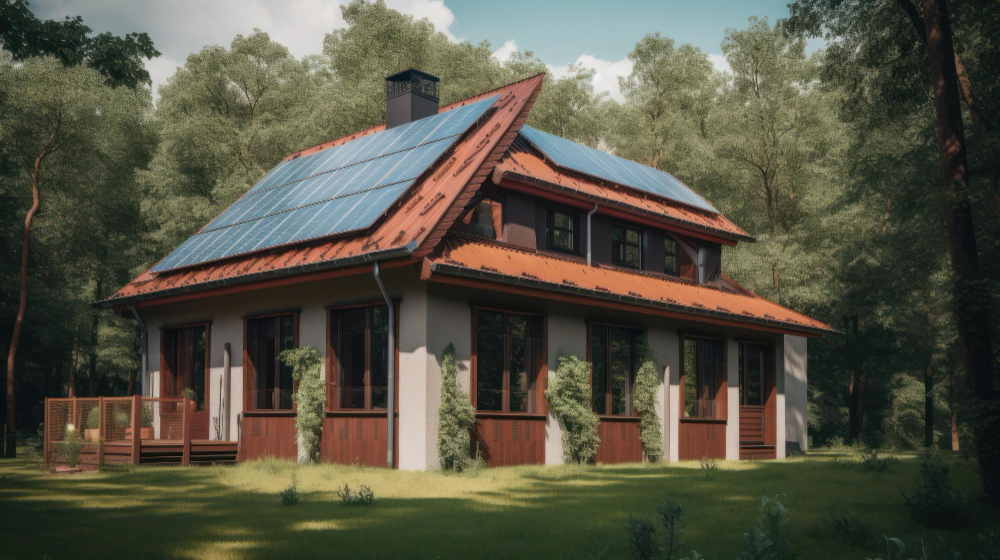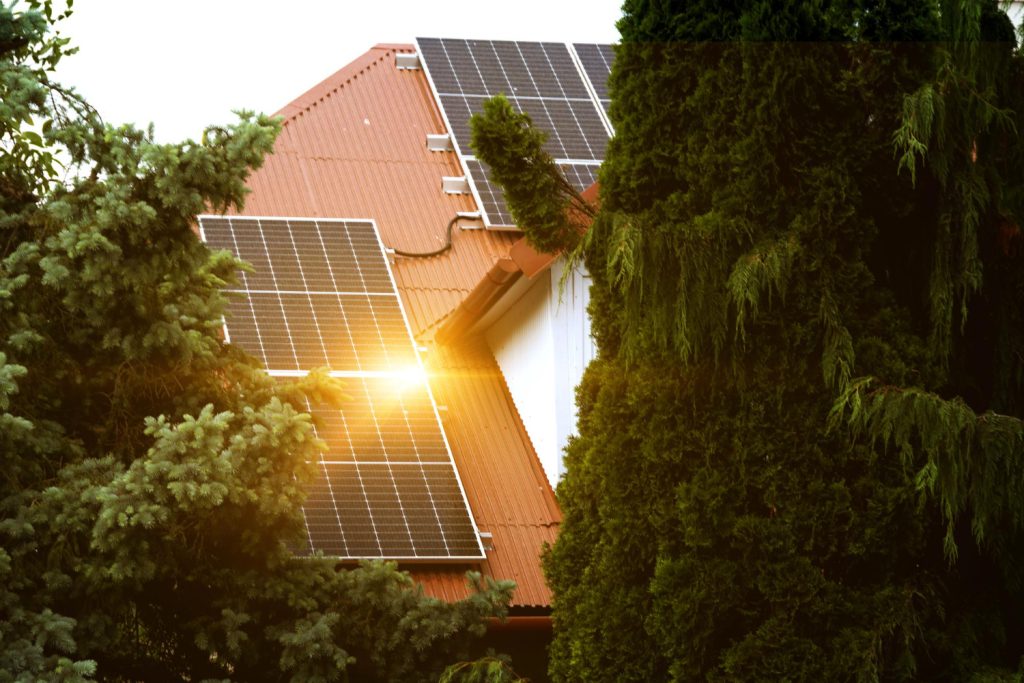Government Incentives and Rebates for Solar Panel Installation
Solar energy is being adopted more and more as homeowners start to recognize the benefits of a more sustainable lifestyle. This transition is being stimulated by governments around the world in countries such as India, providing a range of incentives and rebates for solar panel on the roof. Financial help of this degree greatly lowers the expense, which already makes solar energy more cost-effective. Discover how govt grants for solar can now be maximized with the help of the solar rooftop portal and the solar calculator today. Understanding Government Incentives and Rebates for Solar Panel Solar panel installation government incentives: Government incentives that make solar panels more affordable can come in the form of subsidies, tax credits, or rebates. Therefore, they try to compensate a part of the high initial investment required for the installation of a solar system to make shifting towards solar energy more attractive for homeowners. Subsidies Subsidies are financial aids provided by the government to lower the cost of solar panels and installation. In India, the Ministry of New and Renewable Energy (MNRE) offers substantial subsidies for residential solar projects. These subsidies can cover a significant portion of the solar system in home price, making solar energy more affordable for the average homeowner. Tax Credits Homeowners can take tax credits that allow them to write off a percentage of the cost of installing solar against their taxes. This demand-driven payment lowers the original solar power investment cost, which further encourages people to invest in a solar energy system. These tax credits can range up to 30% of the installation costs in certain areas. Rebates: Local governments and utility companies offer direct cash back after solar system installation. These incentives differ by state and the capacity of the solar system. Frequently, these rebates for solar panel installation can be applied for by homeowners using the solar rooftop portal of their local government or utility company. Tools to Maximise Your Benefits To take full advantage of government incentives, it is crucial to use available resources and tools that simplify the process of planning and applying for solar installations. Solar Rooftop Portal Online platform for generation through solar installed on the rooftop of houses to provide details about subsidy etc. and seek their application for price return assistance to installation of solar mechanism System(Job). The portal will be created to help homeowners streamline their applications and receive best-in-its-kind claims in a timely fashion. The portal provides information on approved installers, subsidy schemes available, and even step-by-step instructions for anyone applying for rebates. Solar Calculator A solar calculator is a must-have tool to determine how much you will pay and save when investing in a solar system for your home. As an example, this calculator asks for details like location, energy use, and roof size to estimate the price of a solar system in your home, indicate how much money you may save on electricity bills, and how long it can take to pay off. It will also locate you the cheapest solar panels tailored to your needs to ensure you are as informed as possible when making a decision. Choosing the Best Solar Panels for Home Selecting the best solar panels for your home is crucial for maximizing the benefits of your solar investment. High-quality panels offer better efficiency, durability, and return on investment. When choosing solar panels, consider factors such as: Efficiency: Higher-efficiency panels generate more electricity from the same amount of sunlight. Durability: Look for panels with a long warranty period and proven durability in various weather conditions. Cost: Compare the price of solar panels from different manufacturers to find a balance between cost and quality. Conclusion Government incentives and rebates for solar panel installation make transitioning to solar energy more feasible and attractive for homeowners. By leveraging tools like the solar rooftop portal and solar calculator, you can simplify the process and ensure you receive the maximum benefits available. Selecting the best solar panels for the home and understanding the solar system in home price are crucial steps in making a well-informed decision. The more people install solar, the greater the effect on the environment as well as on the energy demand. By making use of the tax breaks provided by governments, and using the most suitable product combinations you can create a positive impact on tomorrow’s future while saving a great deal in your wallet.














